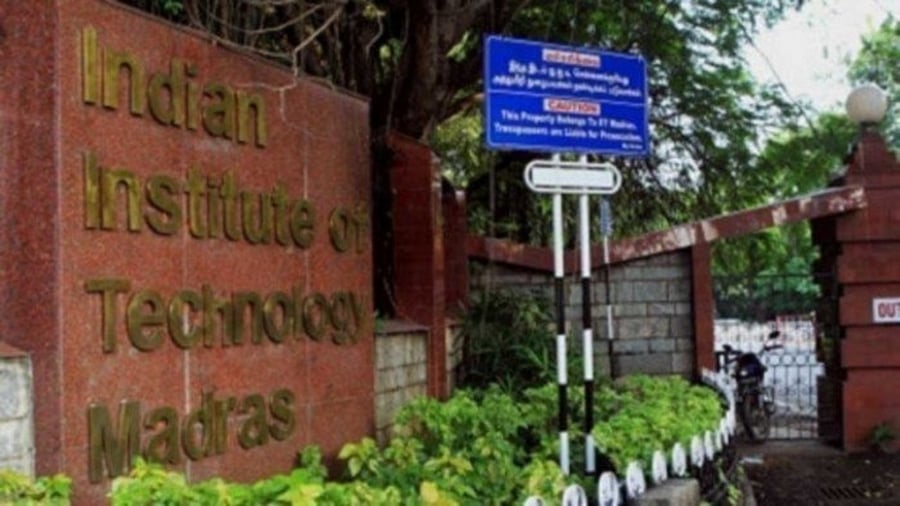
Researchers from the Indian Institute of Technology, Madras (IIT-M) are using Artificial Intelligence (AI) tools to study the process involved in the conversion of biomass to gaseous fuel. Computer simulations and modelling studies can provide quicker insights to develop biomass conversion processes as gaining such understanding through hands-on experiments would be time-consuming, the IIT-M said.
With petroleum-derived fuels raising environmental concerns, researchers feel biomass is a practical solution, not in the conventional sense of directly burning wood, but as a source of energy-dense fuel. Researchers across the globe are looking for methods to extract fuel from biomass such as wood, grass, and even waste organic matter.
“Such biomass-derived fuel is particularly relevant to India because the current availability of biomass in India is estimated at about 750 million metric tonnes per year and extracting fuel from them can tremendously help the country attain fuel self-sufficiency,” the IIT-M said.
Results of the research led by Dr Himanshu Goyal, Assistant Professor, Department of Chemical Engineering, IIT-M and Dr Niket S Kaisare, Professor, Department of Chemical Engineering, IIT-M, were recently published in peer-reviewed Royal Society of Chemistry journal Reaction Chemistry and Engineering.
“Understanding the complex mechanisms involved in the conversion of raw biomass into fuel is important for designing the processes and optimising reactors for the purpose,” Dr Goyal said, adding that there is an urgent need to train the next generation of engineers on high-performance computing and machine learning skills.
These skills will help them address some of the biggest challenges before the world, such as developing zero-emission technologies to tackle climate change.
While models are being developed all over the world to understand the conversion of biomass into fuels and chemicals, most models take a long time to become operational, the IIT-M said, adding that AI tools such as Machine Learning (ML) can hasten the modelling processes.
The IIT Madras research team used an ML method called Recurrent Neural Networks (RNN) to study the reactions that occur during the conversion of lignocellulosic biomass into energy-dense syngas (gasification of biomass).
“The novelty of our ML approach is that it is able to predict the composition of the biofuel produced as a function of the time the biomass spends in the reactor. We used a statistical reactor for accurate data generation, which allows the model to be applied over a wide range of operating conditions,” Dr Kaisare said.
The team believes that the rapid advancements in computational methods must be integrated with core engineering for faster development and growth of deep tech solutions. Such developments cannot be constrained by specialities and departments.
Watch the latest DH Videos here:
